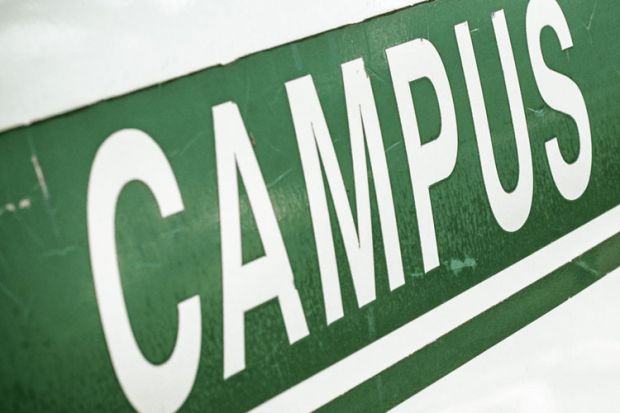UK universities must be careful not to mislead students about their “international branch campuses”, which are often little more than an office and teaching rooms, the standards watchdog has warned.
In its first report on transnational education offered by UK universities in the United Arab Emirates, the Quality Assurance Agency says that only two of the 11 institutions listed as UK branch campuses would meet the definition of a “campus”.
“Only two providers, Heriot-Watt and Middlesex, are readily recognisable as branch campuses [offering] the range of facilities a student would expect of a campus in the UK,” according to the Review of UK Transnational Education in United Arab Emirates, published on 4 June.
For instance, the University of Exeter’s campus in Dubai comprises an office and a small self-service library, with teaching rooms hired when required, the QAA says.
The University of Strathclyde’s Business School, which runs MBAs in Dubai, had no rooms of its own, using spaces within another higher education institution.
Many UK branch campuses, such as those run by the London Business School and Manchester Business School, were actually “administrative campuses”, with an average of just 200 mainly part-time students.
These maintained “some level of physical presence in the form of an administrative office and establishment”, but had no permanent local academic staff, with core teaching done by “fly-in, fly-out” staff.
Others listed as UK branch campuses were almost entirely run by local higher education institutions, with UK awards attached to their programmes, the QAA adds.
The University of Bolton’s branch campus in the northern emirate of Ras Al Khaimah was staffed entirely by academics from other institutions, the report continues.
About 15,000 students currently study some form of UK higher education in the UAE, with Heriot-Watt (3,500 students) and Middlesex (2,700) the largest UK institutions.
Given the range of student experience on offer, “institutions should consider the expectations they are raising in promising a global campus experience”, the QAA warns.
It adds that “the most effective branch campuses realise that, if the UAE centre is a campus in the full sense, then it must run like one with the full range of supports including pastoral, careers and social facilities”.
Although the QAA says it is happy that standards on branch campuses match those found in the UK, it suggests that institutions do not do enough to foster the research-led environment found in many UK universities.
“Institutions can do more to introduce a UK academic culture [by] engaging branch campus staff in academic governance and quality assurance, and encouraging a culture of scholarly enquiry,” the report says.
Locally recruited part-time and fixed-contract staff should also be given the support offered to full-time, permanent employees, such as staff training, it adds.
Anthony McClaran, chief executive of the QAA, said that the report was timely as “UK transnational education is set to increase”.
He said the reports on transnational education “intended to inform students, support institutions and maintain the good reputation of UK higher education worldwide”.
Register to continue
Why register?
- Registration is free and only takes a moment
- Once registered, you can read 3 articles a month
- Sign up for our newsletter
Subscribe
Or subscribe for unlimited access to:
- Unlimited access to news, views, insights & reviews
- Digital editions
- Digital access to THE’s university and college rankings analysis
Already registered or a current subscriber? Login





